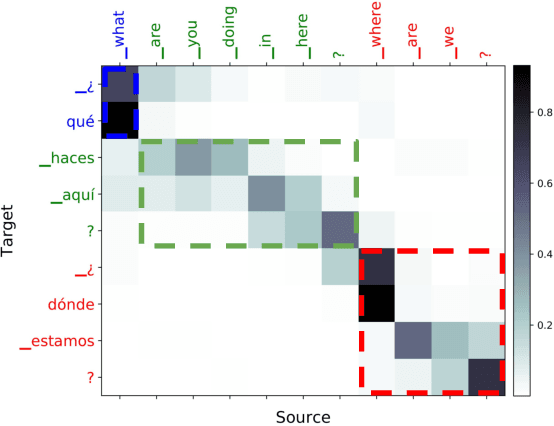Prosodic Phrase Alignment for Machine Dubbing
Paper and Code
Aug 20, 2019



Dubbing is a type of audiovisual translation where dialogues are translated and enacted so that they give the impression that the media is in the target language. It requires a careful alignment of dubbed recordings with the lip movements of performers in order to achieve visual coherence. In this paper, we deal with the specific problem of prosodic phrase synchronization within the framework of machine dubbing. Our methodology exploits the attention mechanism output in neural machine translation to find plausible phrasing for the translated dialogue lines and then uses them to condition their synthesis. Our initial work in this field records comparable speech rate ratio to professional dubbing translation, and improvement in terms of lip-syncing of long dialogue lines.
 Add to Chrome
Add to Chrome Add to Firefox
Add to Firefox Add to Edge
Add to Edge